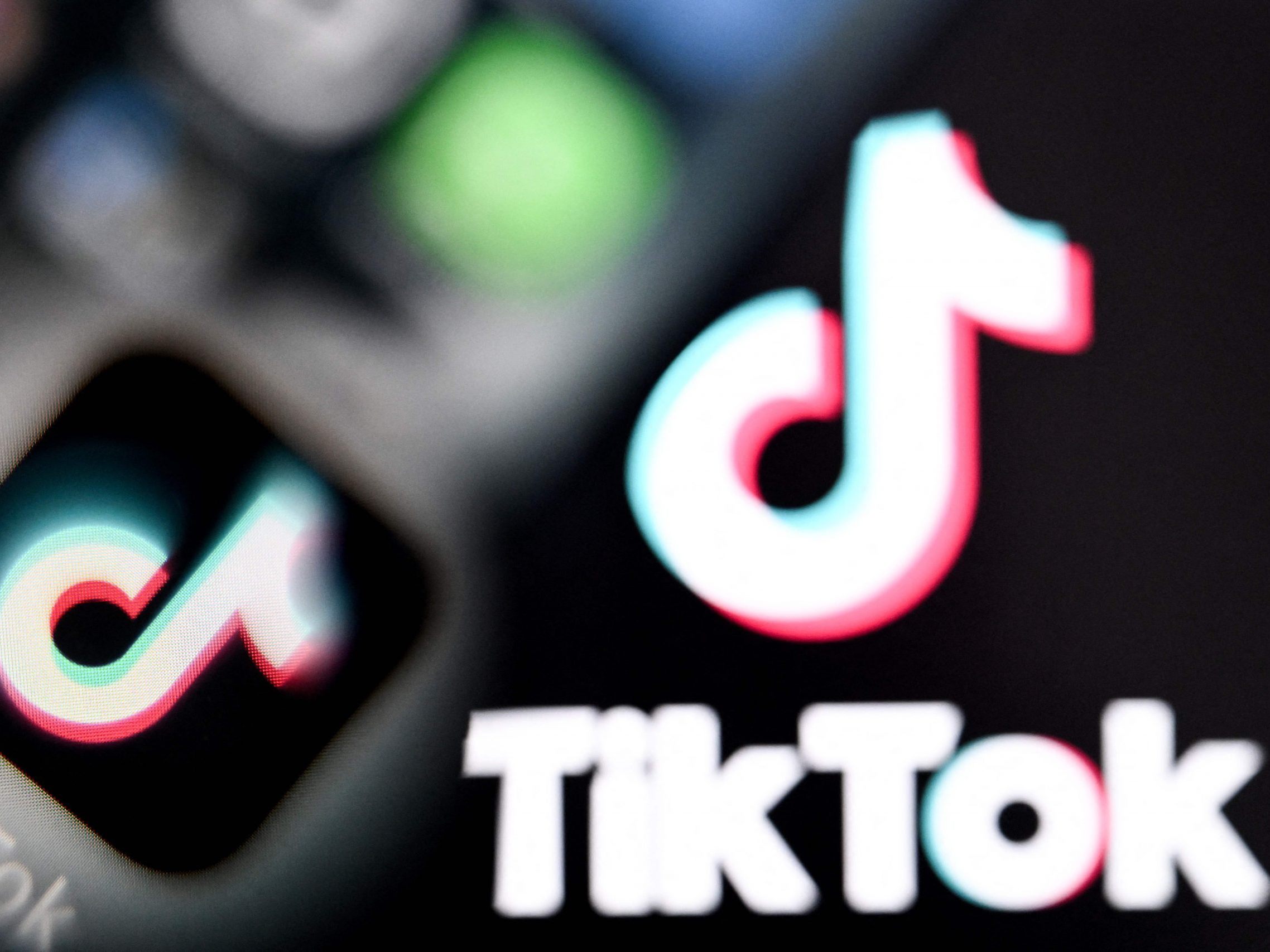Austria's Youth Are Online Too Much - Is a Ban the Solution?

A blanket ban on social media for children and younger teenagers, decided in Australia, has sparked a discussion in some countries. After the Graz rampage, this was also the case in Austria. According to a study by the Organisation for Economic Co-operation and Development (OECD), Austrian teenagers also spend particularly a lot of time with TikTok, computer games, and other digital applications compared to the international average.
Almost Three Quarters of Ten-Year-Olds Already Have a Smartphone
In 2022, access to digital devices was almost universal: On average, 96 percent of 15-year-olds in the OECD had access via a computer, laptop, or tablet from home. On average, 98 percent owned a smartphone with internet access. About 70 percent of children aged ten already have their own smartphone, although there are significant differences between countries. In Turkey, only 29 percent and in France 40 percent of children have a mobile phone, but more than 90 percent in Latvia, Poland, and the Nordic countries in Europe.
Up to 60 Hours Per Week Online - Screen Time Among Teenagers Increases
With the increasing prevalence of access to digital devices at home, the time teenagers spend with digital devices is increasing, according to the OECD. For example, the proportion of 15-year-old teenagers who spend 40 hours or more outside of school with digital devices rose from eight percent in 2012 to 21 percent in 2018. According to the report, the majority of Austrian teenagers also spend between 40 and 60 hours in the digital world.
The report also shows that the majority of 15-year-olds in the OECD (60 percent) spend more than two hours per day on weekdays. However, this proportion varies greatly from country to country, ranging from 24 percent in Japan to over 80 percent in Estonia. Austria is in the average range.
Negative Impact on Both the Body and Mind of Teenagers
While digital technologies and media offer children numerous opportunities to learn, play, connect with friends, and gradually become independent, the excessive use of digital technologies also raises concerns about negative impacts on health, learning ability, and well-being, according to the OECD. The consequences can include lack of sleep and the risk of overweight and obesity.
German Expert: Ban Would Be "Borderline in Terms of Proportionality"
A blanket ban on social media for adolescents is controversial among experts. "By German standards, this would be borderline in terms of proportionality," says media law expert Stephan Dreyer from the Leibniz Institute for Media Research. Children's rights, which include participation, must be taken into account.
Expert Dreyer sees the platform providers as responsible and advocates for accounts that only allow access to child-friendly content, with age verification required for everything else - for example, by checking an ID or analyzing biometric features. "From my perspective, this would not be a major technical problem."
Age Verification Instead of Ban, Schools Also Responsible
Isabel Brandhorst, who researches internet use disorders at the University Hospital Tübingen, also supports consistent age verification. However, she does not want to commit to a suitable age. Platform providers are not currently required to conduct such verification. It is considered easy to bypass the minimum age of 13 set by the platforms. Such verifications could also support parents who wish to ban social media for certain age groups.
Regarding the platforms, Brandhorst is more skeptical. "I am pessimistic that providers will design the applications to be child-friendly because they would no longer profit from them," she says, noting that time restrictions and advertising bans would also need to be introduced.
Brandhorst sees schools as more responsible for teaching media literacy. "Many things that children and adolescents need to navigate the internet safely are currently not being taught on a wide scale."
Tabooing Makes It Even More Interesting
Anne-Linda Camerini from the University of Lugano is against blanket bans. "We don't want to create fear and not taboo or stigmatize." By tabooing, offerings could become even more interesting and bans could be circumvented.
The experts emphasize that there is currently very little research, also for data protection reasons, on the role social media plays in the fact that many children and adolescents have mental health issues. In addition to the consequences of the pandemic and other factors, climate change also plays a role for many children and adolescents, explains Brandhorst. "From my perspective, one cannot say that the global mental health crisis is solely attributable to social media."
(APA/Red)
This article has been automatically translated, read the original article here.





